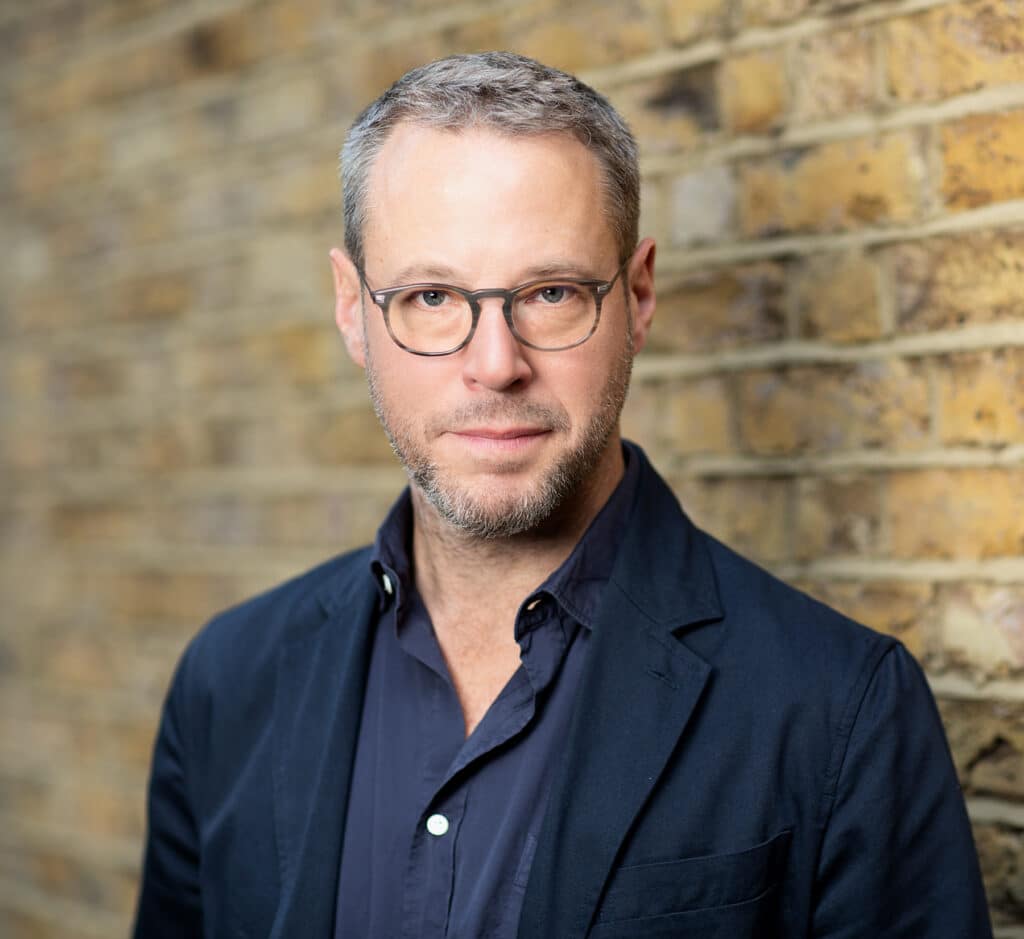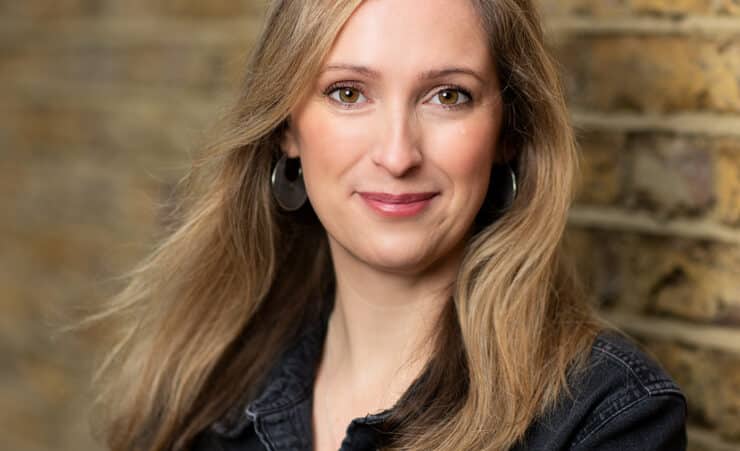
Covid-19: How funders can support grantees responding to the pressures of uncertainty
Since the beginning of this crisis, we have been drawing on conversations with VCSE organisations and with individual foundations across the UK, as well as on our past research and the actions already taken by many, to suggest practical ways in which funders can support their grantees and the broader sector at this unprecedented time. To these we can now add six ideas and priorities highlighted by the leaders attending our first round of online peer support sessions for VCSE organisations:
- There is still scope for many funders to provide greater assurance to organisations whose work they already know and value – for example, with the government safety net in place where jobs are at risk, one project funder who is ready to convert to a core grant may be enough to sustain some organisations through the weeks or months of lockdown, so that they are ‘ready to go’ when the situation changes. Or where grants are usually awarded annually but often to many of the same organisations, even a conditional offer to repeat for a further year provides a firmer platform for them to plan for the future.
- Keep communication channels open – potential applicants and grantees know that funders have tough decisions to make about programmes and priorities. But it helps them if you are clear both about what you have already decided and the questions that will take more time. As one leader put it – ‘If you don’t know yet, say so.’
- Where you can, make assurances of flexibility for existing grantees as concrete as possible – if reports can be ‘lighter touch’, what does this look like and for how long? If outcomes or performance targets are up for negotiation, how radical can the changes be? If there is scope to extend the terms of grants, bid for additional costs or continuation funding, how soon will these opportunities be offered?
- Recognise that a ‘one size fits all’ offer to current grantees probably won’t work – for example, if organisations have ‘paused’ during the crisis, they may simply be looking for extended grant periods and amended outcomes during recovery. Where they have been flat out responding to its effects on their communities or clients, they may need continuation grants so that they can maintain services while taking stock of the new situation and making plans.
- If you are open to bids for longer-term work, be clear about how you will allow for current uncertainties – for example, how will you create opportunities for organisations to describe the impact of Covid-19 on their work? Will you change your appetite for risk by, for example, making allowances for a less robust financial position than you would usually expect or accepting a more tentative business plan?
- Take opportunities to build collective intelligence about the pattern of need and funding – at some point, funders will all turn to the big questions about ‘what next’ for their funding strategy and priorities, but within a context transformed by the political, social and economic impact of Covid-19. How might the spirit of collaboration that has characterised much of the response to the immediate crisis be sustained in the work of making sense of the challenges of the future, and how best to meet them?
You can read more in the full briefing, or access support here.


